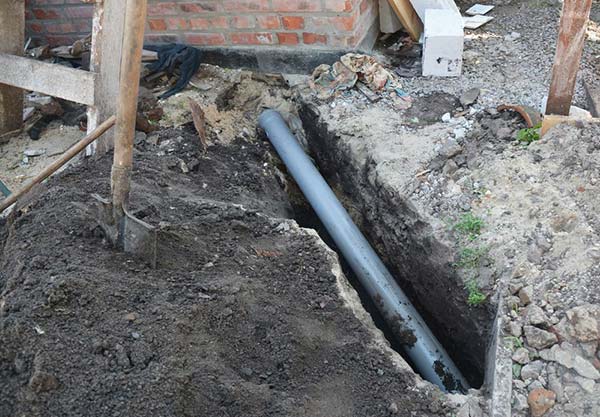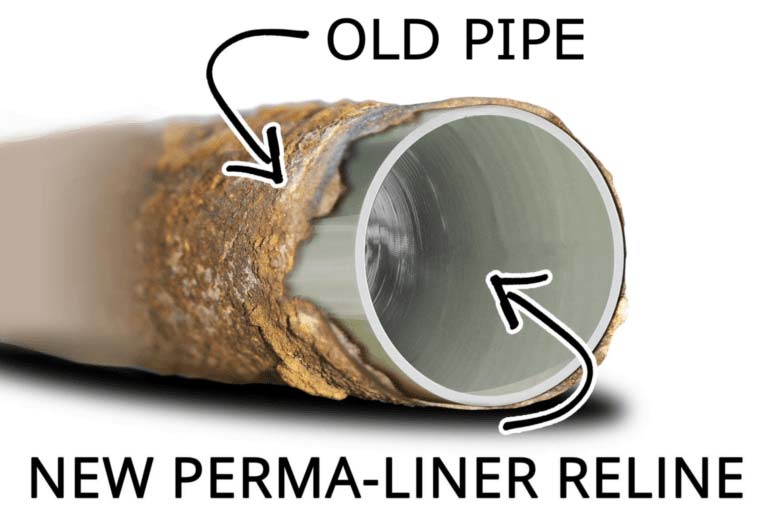The Pros and Cons of Switching from Septic to Sewer
It can be tough to make a decision about whether or not to switching from septic to sewer. On the one hand, septic tanks have been around for a long time and many people are comfortable with them. But on the other hand, new advances in sewer systems mean that some people are opting to switch. So which is better? Let’s take a look at the pros and cons of doing so.

There are a few key advantages to switching from septic to sewer. First of all, it can be much more convenient. You won’t have to worry about maintaining your septic tank or having it pumped out every few years. Additionally, it can be better for the environment since sewage is treated before it is released into the ground.
However, there are also a few disadvantages to switching from septic to sewer. First of all, it can be expensive. The initial cost of connecting to a sewer line can be significant. Additionally, your monthly bill will likely go up since you’ll be paying for the treatment of sewage. Finally, there is always the possibility that your sewage could back up into your home if there were ever a problem with the sewer system.
So, what’s the bottom line? It really depends on your particular situation. If you’re comfortable with your septic tank and don’t mind the added expense, then switching to sewer might not be worth it. But if you’re environmentally conscious or concerned about the possibility of sewage backup, then it might be worth considering. Ultimately, the decision is up to you!
If you’re thinking of making the switch from septic tanks to sewer, here’s what you need to know. First, you’ll need to determine if it’s even possible in your area. Not all homes are connected to a sewer system, so you may have to do some digging first.
Once you’ve determined that it is possible, you’ll need to get in touch with your local municipality. They will be able to give you more information on how to proceed, as well as the cost of doing so. In cases, the cost of switching from septic to sewer is fairly significant. You will likely need to hire a contractor to install the new system for you.
Maintaining your sewer system is important if you want to keep it running smoothly. Here are a few tips to help you out:
- Make sure that you flush sinks and toilets regularly. This will help to keep the pipes clear and prevent any build-up from occurring.
- Inspect your sewer line regularly for any signs of damage or leaks. If you notice anything wrong, contact a professional immediately.
- Keep a close eye on your drains and sinks. If they start to back up, this could be a sign that there’s something wrong with your sewer line.
- Check your water pressure on a regular basis. If it’s too high, it could damage your sewer system.
- Keep trees and shrubs trimmed away from your sewer line. This will help to prevent any damage from occurring.

By following these tips, you can help to keep your sewer system running smoothly and avoid any major problems. However, if you do notice something wrong, don’t hesitate to contact a professional. They will be able to assess the situation and make the necessary repairs.
https://www.google.com/maps?cid=9085182458872637476